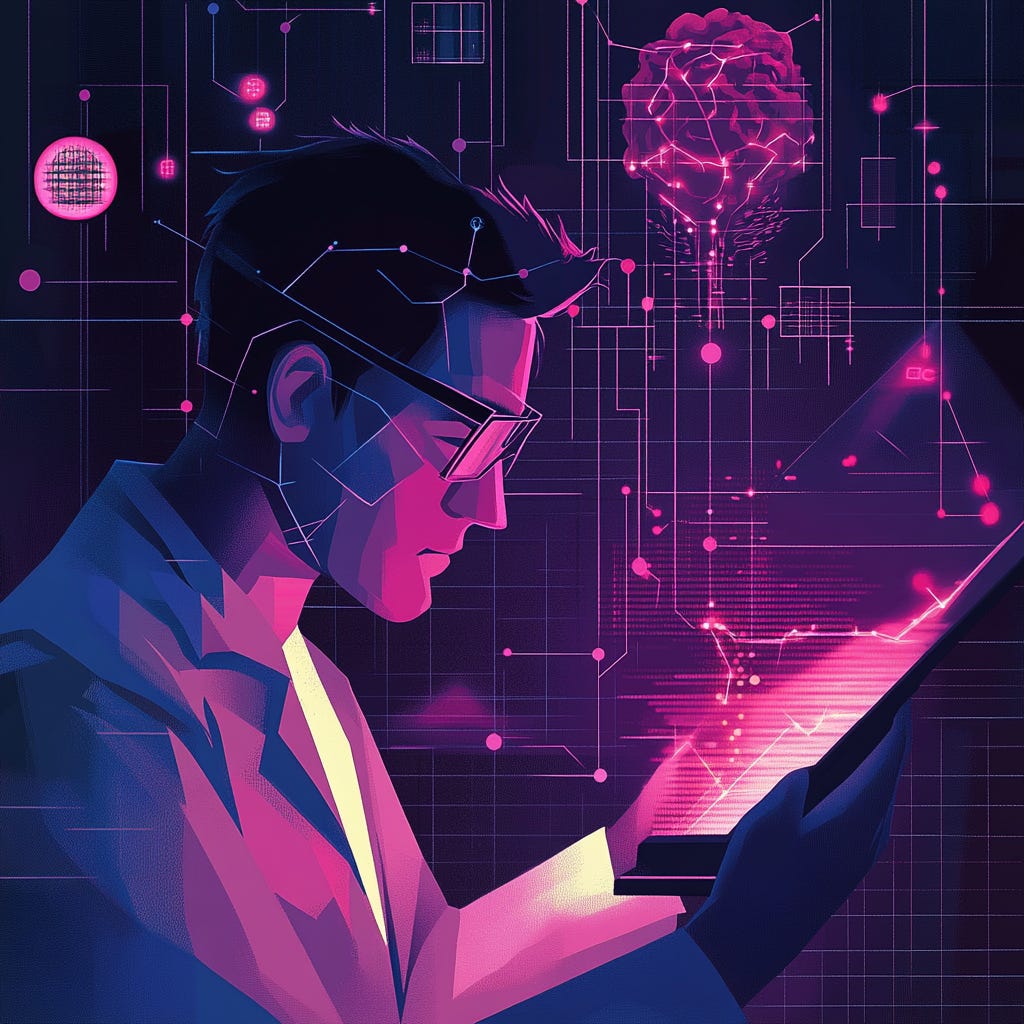AI has proven that can help advance scientific fields but how far can that go and what are the pragmatic limitations?
The progress of AI across different scientific fields is astonishing. We have all been dazzled by the milestones achieved by models like AlphaZero in protein synthesis, as well as by models like AlphaProof, which achieved silver medal status in the International Math Olympiad. Similarly, there has been major progress in applying AI to other scientific areas, such as chemistry, physics, quantum computing, and many others. But how far can this go? Can AI help us solve some of the most difficult scientific mysteries and formulate new theories to advance various fields? Can AI solve mathematical mysteries like the Riemann Hypothesis or formulate groundbreaking theories like the theory of general relativity?
This essay explores the unique nature of scientific problems such as the Riemann Hypothesis, contrasts them with the current state of AI, and examines the potential and limitations of AI in various scientific domains.
The Riemann Hypothesis: A Unique Scientific Challenge
The Riemann Hypothesis, proposed by Bernhard Riemann in 1859, is one of the most famous unsolved problems in mathematics. It states that all non-trivial zeros of the Riemann zeta function have a real part equal to 1/2. This conjecture has profound implications for our understanding of prime number distribution and has resisted proof for over 165 years despite intense efforts by mathematicians worldwide.
The unique nature of the Riemann Hypothesis lies in its combination of simplicity in statement and complexity in proof. It requires deep insights into number theory, complex analysis, and potentially other areas of mathematics that may not yet be fully developed. This characteristic makes it an excellent test case for evaluating the potential of AI in creating new scientific knowledge.


